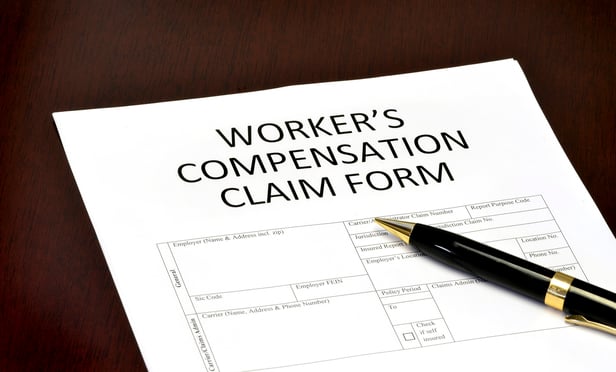In the Aug. 2, 2016, article titled, “What Falls Under ‘Privileged’ in Workers’ Comp Cases,” the authors presume to compare the statutorily based process of administering Pennsylvania workers’ compensation claims to political/economic doctrines espoused by early American politicians Alexander Hamilton and Andrew Jackson. In doing so, they suggest that the inherent “privileges” or financial and social advantages enjoyed by the affluent class of colonial America are the moral or legal equivalent of the evidentiary concept of “privileged communication” in the context of personal injury litigation. They urge, in existential terms that social, political and economic disparities in American society somehow justifies unfettered access to workers’ compensation administers’ claims files.
In doing so, they insist, apparently, that the private thoughts and observations of professional claims representatives, documented in file notes, stand as monolithic “hurdles” with which the “injured worker” must contend in order to procure “what’s justly due”—wage loss reimbursement and medical treatment following a work injury.
This content has been archived. It is available through our partners, LexisNexis® and Bloomberg Law.
To view this content, please continue to their sites.
Not a Lexis Subscriber?
Subscribe Now
Not a Bloomberg Law Subscriber?
Subscribe Now
LexisNexis® and Bloomberg Law are third party online distributors of the broad collection of current and archived versions of ALM's legal news publications. LexisNexis® and Bloomberg Law customers are able to access and use ALM's content, including content from the National Law Journal, The American Lawyer, Legaltech News, The New York Law Journal, and Corporate Counsel, as well as other sources of legal information.
For questions call 1-877-256-2472 or contact us at [email protected]



